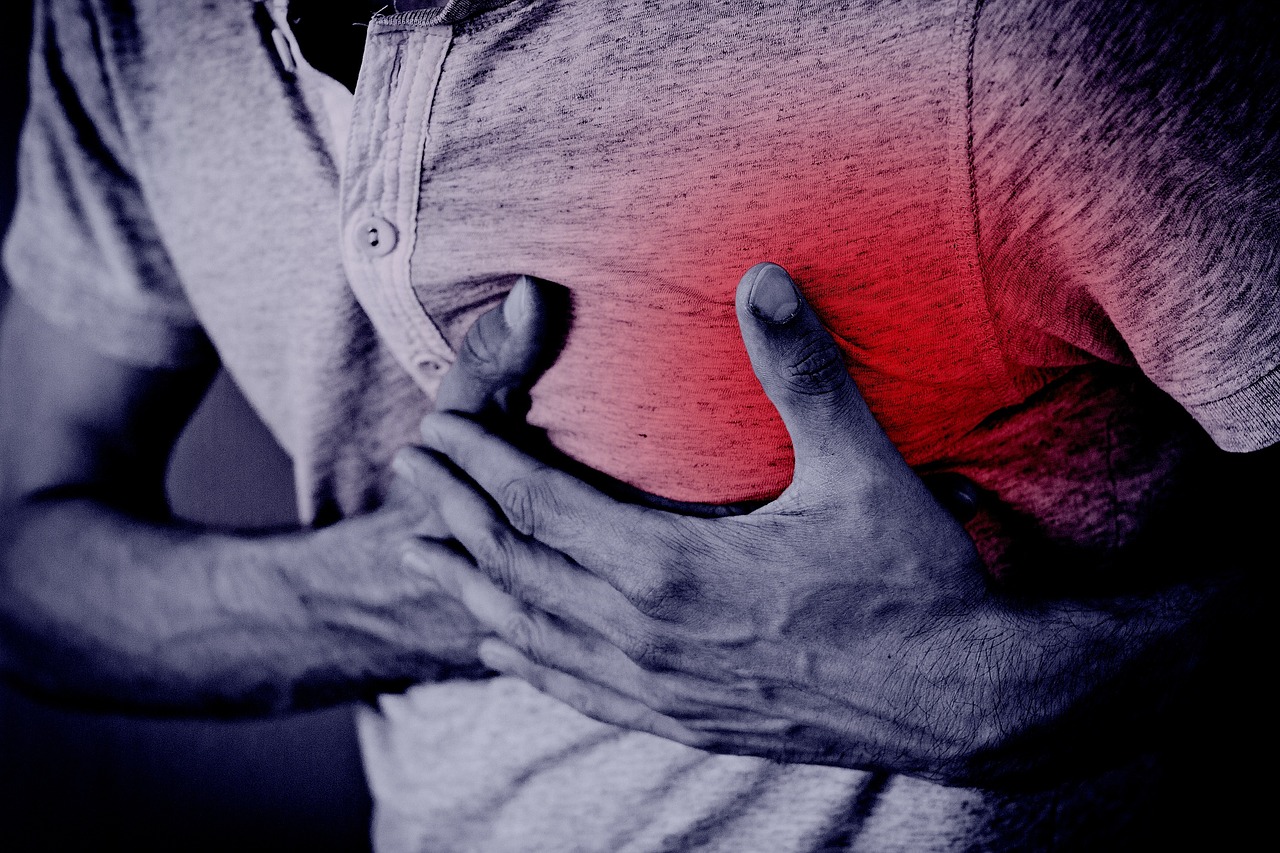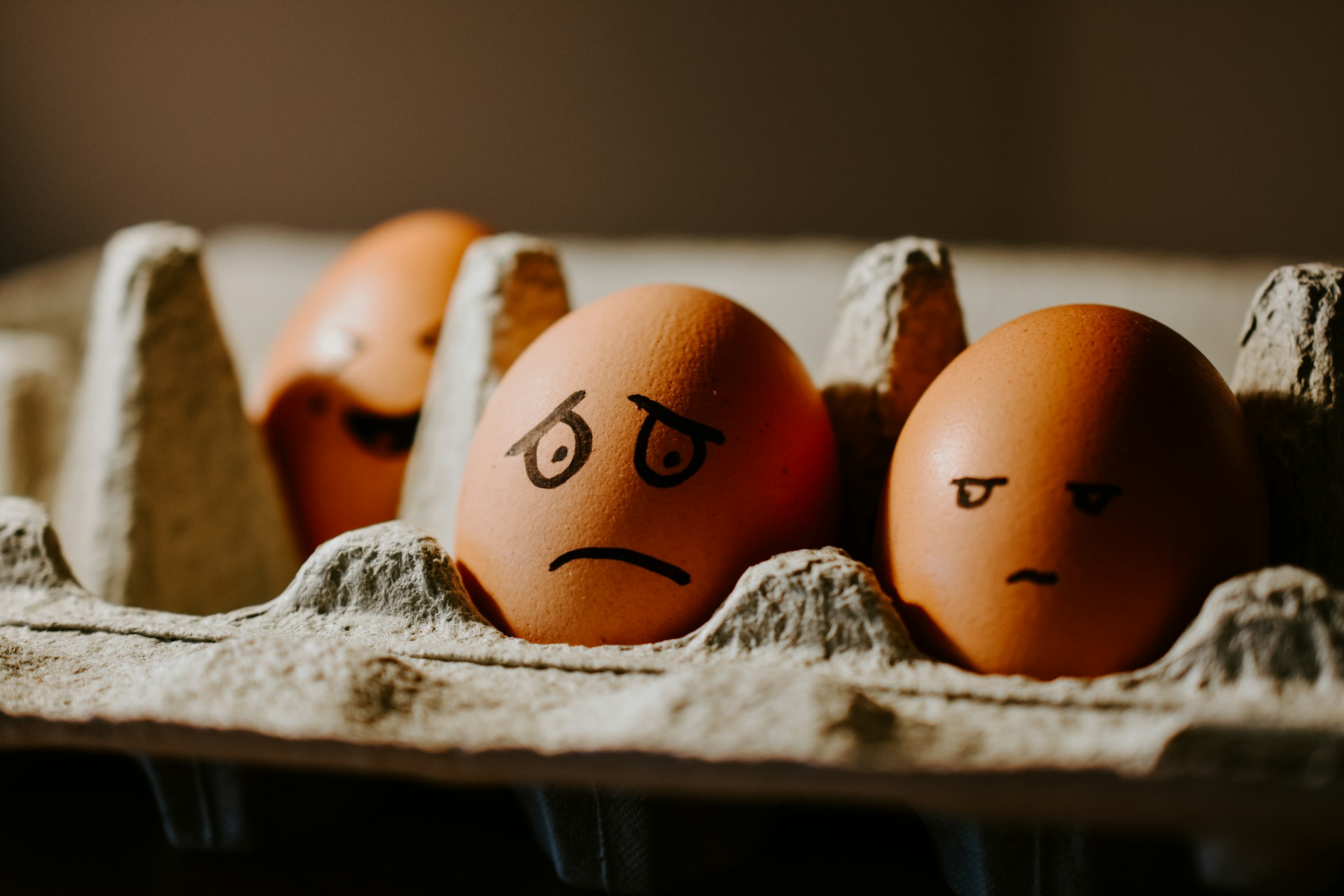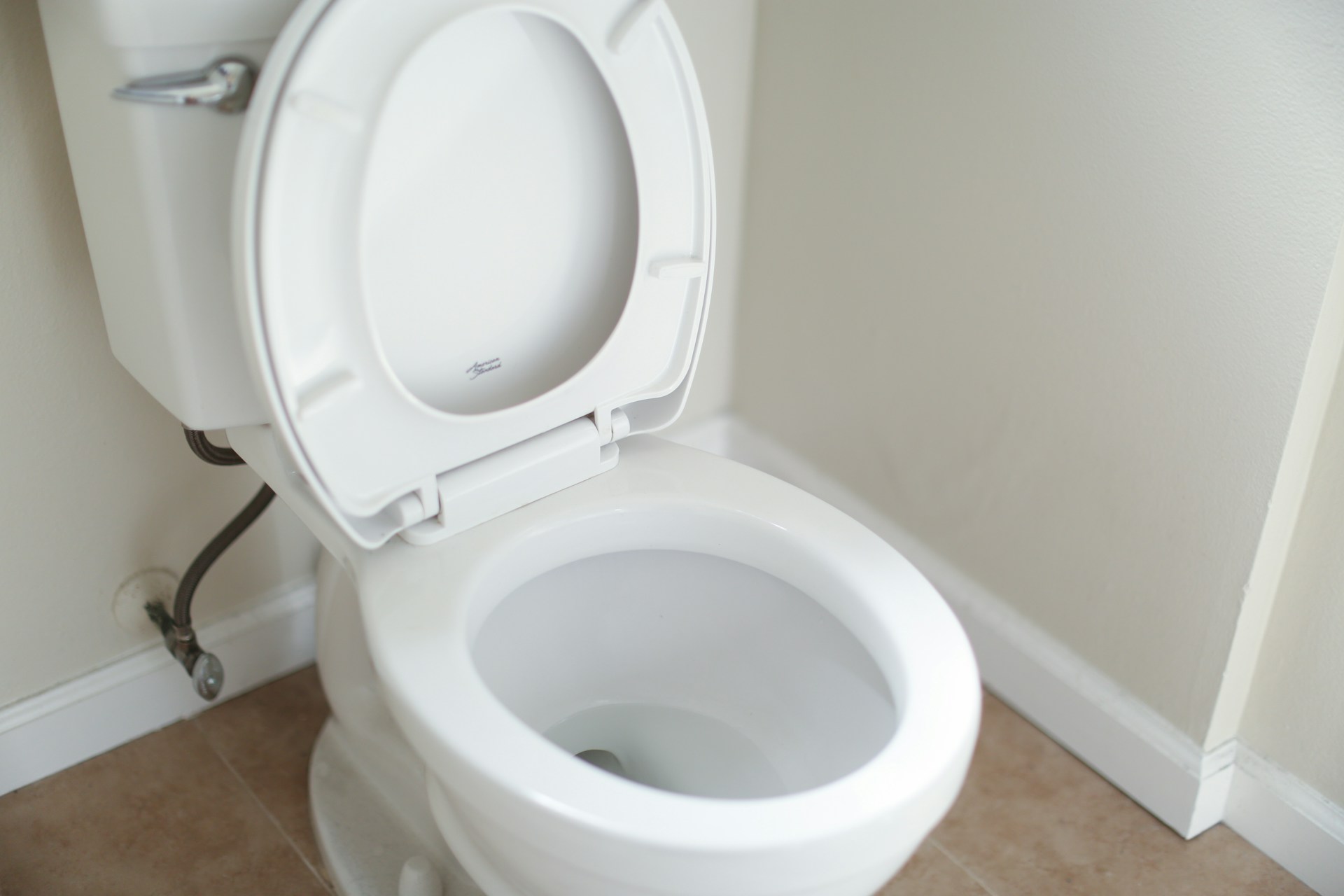Lots of people need their cup of coffee in the morning to get through the day, but are you just drinking one cup, or is it a whole lot more? If it's more than a couple, we've got some bad news for you. Drinking too much coffee on a regular basis can actually be very bad for your health, for a number of reasons. To shine a light on this topic so you can be better aware of your health condition, here are 20 ways drinking high amounts of caffeine will negatively affect your body.
1. Increased Heart Rate
Drinking way too much coffee can lead to an increase in your heart rate, also known as tachycardia. This condition can make you feel anxious and may contribute to heart palpitations, which can feel very uncomfortable and unsettling to experience.
2. Sleep Disruption
It's a well-known fact that the caffeine content in coffee is a stimulant that can interfere and affect your sleeping patterns. Drinking too many cups of coffee, especially later in the day, can make it difficult to fall asleep, leading to insomnia or poor sleep quality.
 Photo by bruce mars on Unsplash
Photo by bruce mars on Unsplash
3. Digestive Issues
Many people may experience stomach problems when drinking their daily cup of coffee. Caffeine can lead to gastrointestinal discomfort in some individuals including symptoms like acid reflux, heartburn, and an upset stomach. This is probably due to the fact that caffeine can stimulate excessive gastric acid secretion.
 Image by Mohamed Hassan from Pixabay
Image by Mohamed Hassan from Pixabay
4. Increased Anxiety
Did you know caffeine stimulates the central nervous system and can worsen feelings of anxiety and stress? People who consume far too much coffee may experience jitteriness, nervousness, and heightened levels of anxiety.
 Photo by Joice Kelly on Unsplash
Photo by Joice Kelly on Unsplash
5. High Blood Pressure
Temporarily, caffeine can cause a spike in blood pressure, even in people who don't have hypertension. That means regular excessive consumption of coffee might lead to sustained elevated blood pressure levels, posing a serious risk to heart health.
 Photo by Karl Fredrickson on Unsplash
Photo by Karl Fredrickson on Unsplash
6. Dependency and Withdrawal
If you're used to drinking multiple cups of coffee a day, what do you think will happen when you try to cut back? Regular, excessive intake of caffeine can lead to physical dependence, causing withdrawal symptoms such as headaches, irritability, and fatigue if you suddenly stop drinking.
 Photo by Carolina Heza on Unsplash
Photo by Carolina Heza on Unsplash
7. Bone Density Reduction
High caffeine intake has been linked to a decrease in bone density over time, although it is still currently being studied. It is suspected because caffeine can interfere with calcium absorption, which is crucial for maintaining strong bones.
 Photo by Fahmi Fakhrudin on Unsplash
Photo by Fahmi Fakhrudin on Unsplash
8. Increased Risk of Heartburn and GERD
Coffee can relax the lower esophageal sphincter, leading to an increased risk of heartburn and gastroesophageal reflux disease (GERD). These conditions can cause discomfort and may require dietary and lifestyle adjustments to manage.
9. Diuretic Effect
Caffeine has a diuretic effect, meaning it increases the rate at which your body eliminates water. This can lead to dehydration, especially if you're not compensating by drinking plenty of water throughout the day.
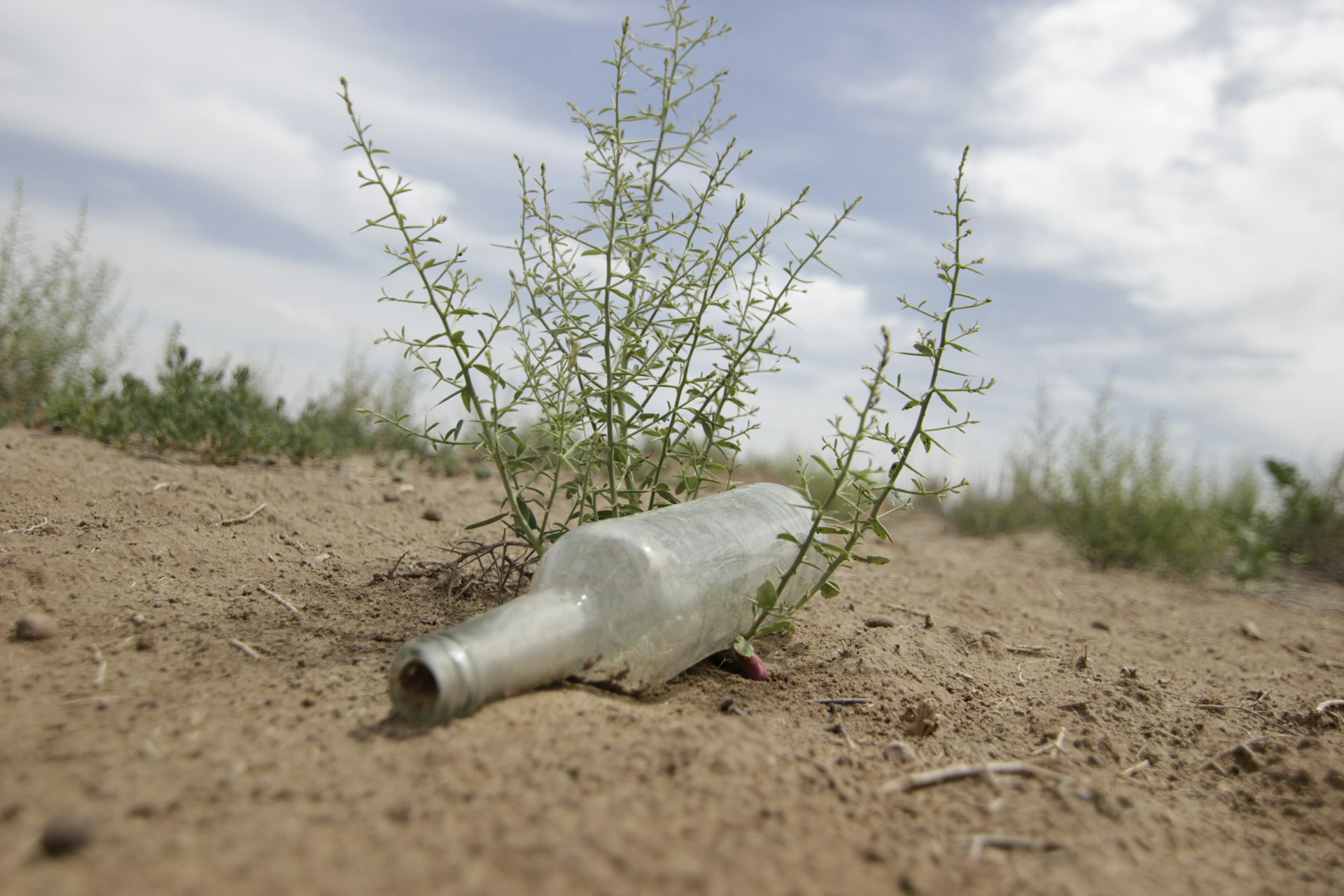 Photo by Jonathan Greenaway on Unsplash
Photo by Jonathan Greenaway on Unsplash
10. Impact on Mental Health
While drinking moderate amounts of coffee can enhance alertness and mood, drinking multiple cups per day can actually negatively affect your mental health. High levels of caffeine exacerbate symptoms of anxiety disorders, possibly contributing to more frequent panic attacks in susceptible individuals.
 Photo by Nik Shuliahin 💛💙 on Unsplash
Photo by Nik Shuliahin 💛💙 on Unsplash
11. Nutrient Absorption Interference
Drinking too much coffee and other caffeinated beverages has been studied to interfere with the absorption of certain nutrients like iron. This leads to reduced absorption rates that can potentially contribute to nutritional deficiencies in the future, particularly people more vulnerable to anemia.
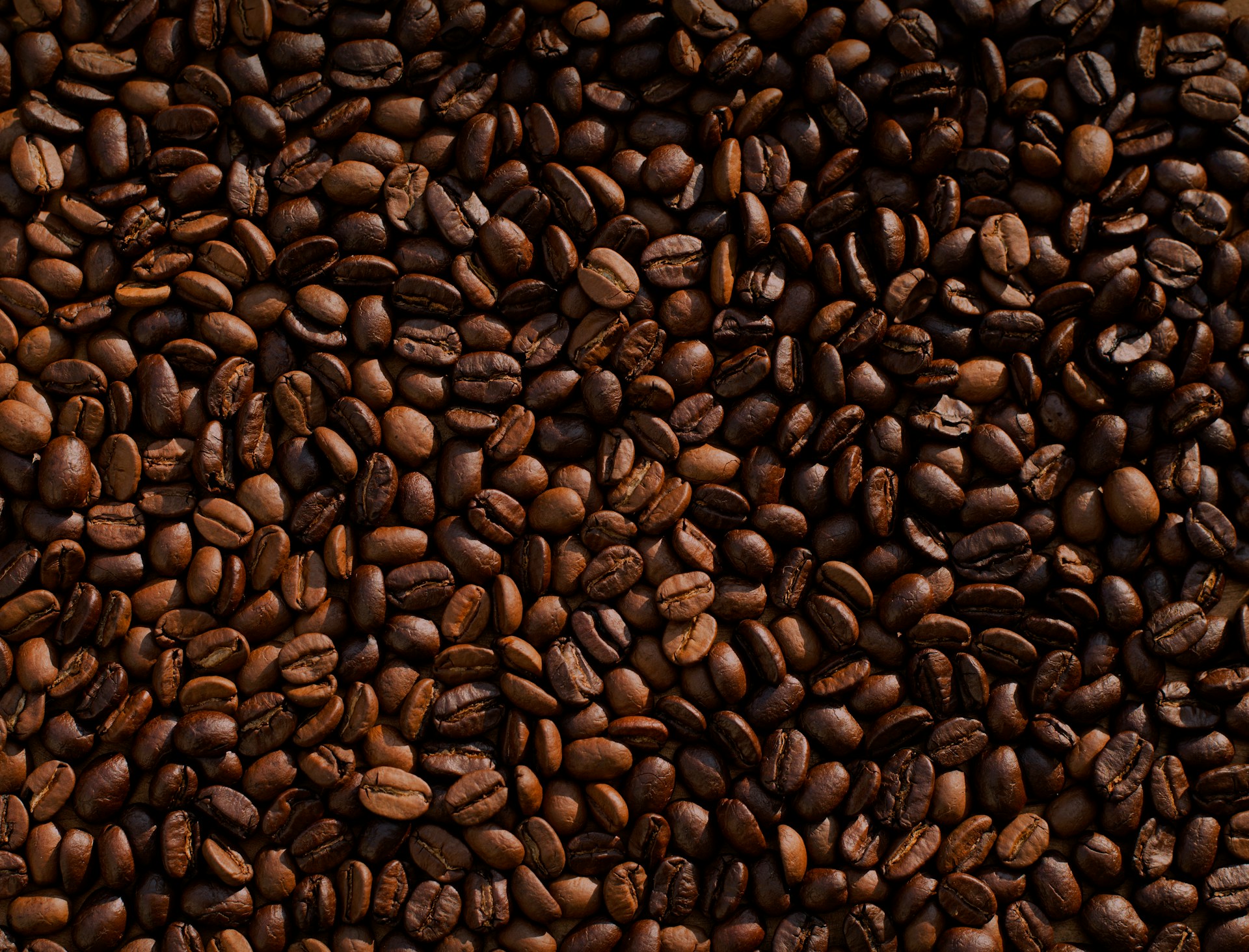 Photo by Mike Kenneally on Unsplash
Photo by Mike Kenneally on Unsplash
12. Hormonal Imbalance
Excessive caffeine intake can even go as far as to affect the body's hormone levels. For instance, it can increase cortisol levels, which is often referred to as the stress hormone, potentially leading to a variety of health issues related to chronic stress.
 Photo by Anthony Tran on Unsplash
Photo by Anthony Tran on Unsplash
13. Increase in Blood Sugar Levels
For some individuals, particularly those with diabetes or prediabetes, caffeine can impair insulin sensitivity, leading to an increase in blood sugar levels. This effect can complicate blood sugar management for those with diabetes.
 Photo by Priscilla Du Preez 🇨🇦 on Unsplash
Photo by Priscilla Du Preez 🇨🇦 on Unsplash
14. Mood Fluctuations
Although drinking coffee might give you an immediate mood lift, overconsumption will actually lead to mood fluctuations including irritability and mood swings. Not only will it affect your own mental well-being, it can affect your personal and professional relationships if you're not careful.
15. Rapid Heartbeat (Palpitations)
Alongside an increased heart rate, drink too much coffee can lead to heart palpitations or skipped beats, where the heart will feel like it's fluttering, pounding, or beating irregularly. This can certainly be alarming, and might even require some medical attention.
 Image by Michael Pointner from Pixabay
Image by Michael Pointner from Pixabay
16. Muscle Breakdown
Although this is a more rare occurrence, very high levels of caffeine intake can lead to a condition known as rhabdomyolysis, the breakdown of muscle fibers. This results in the contents entering the bloodstream, causing potential severe health concerns such as kidney damage.
 Photo by Alexander Redl on Unsplash
Photo by Alexander Redl on Unsplash
17. Increased Cholesterol Levels
Certain compounds in unfiltered coffee (for instance, coffee made from the French press brewing method), such as cafestol and kahweol, have been shown to increase cholesterol levels. Individuals who consume large amounts of unfiltered coffee may see a rise in their LDL (bad) cholesterol levels.
 Photo by Nathan Dumlao on Unsplash
Photo by Nathan Dumlao on Unsplash
18. Risk of Osteoporosis
Taking it one step further, high amounts of caffeine consumption can affect bone density so much it increases the risk of developing osteoporosis, especially if your diet is already low in calcium. This condition makes your bones brittle and more susceptible to breaks and fractures.
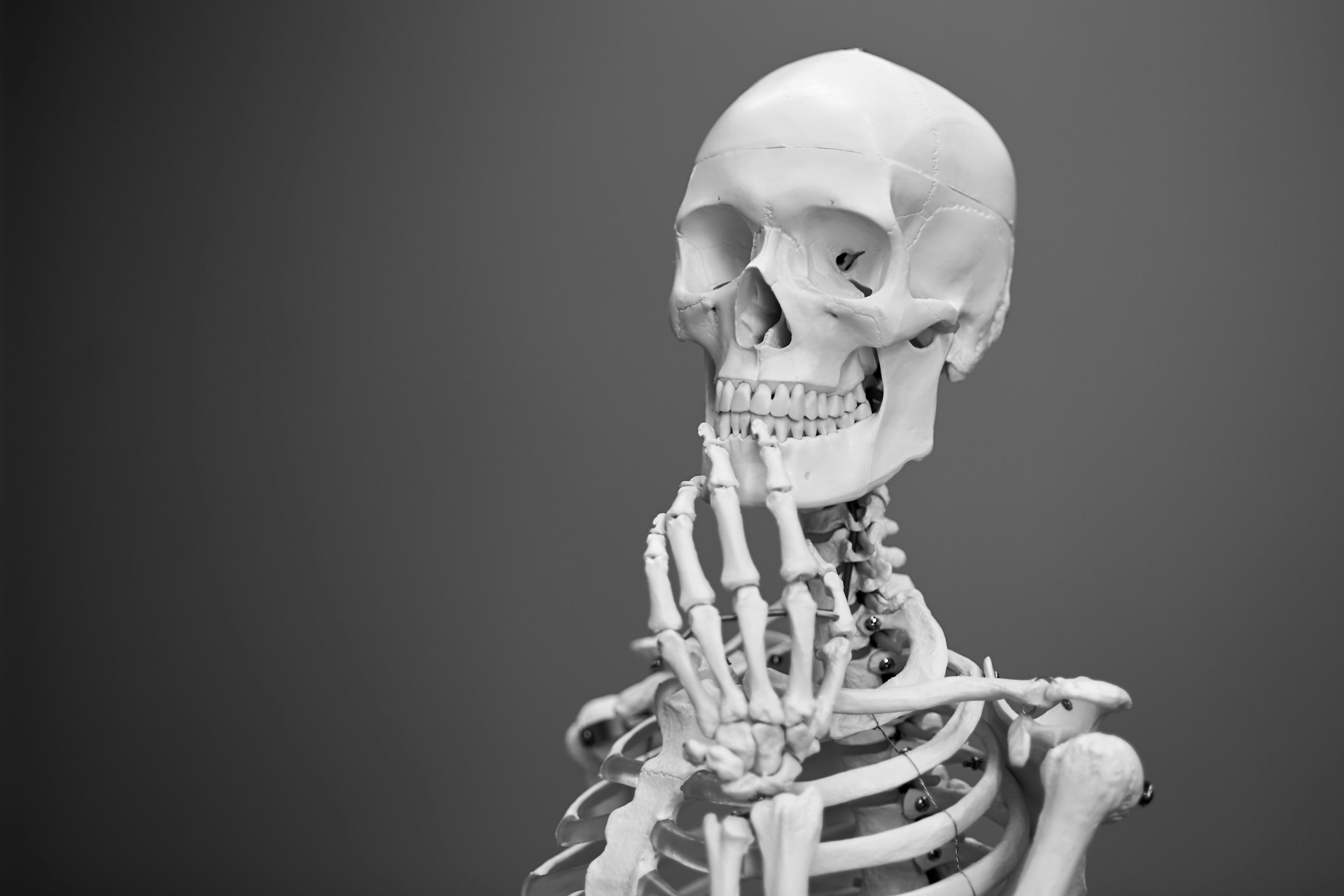 Photo by Mathew Schwartz on Unsplash
Photo by Mathew Schwartz on Unsplash
19. Weight Gain
While coffee itself isn't particularly high in calories, many popular coffee beverages are. These drinks are high in added sugars and fats, meaning regular consumption of these high-calorie coffee drinks can significantly contribute to weight gain.
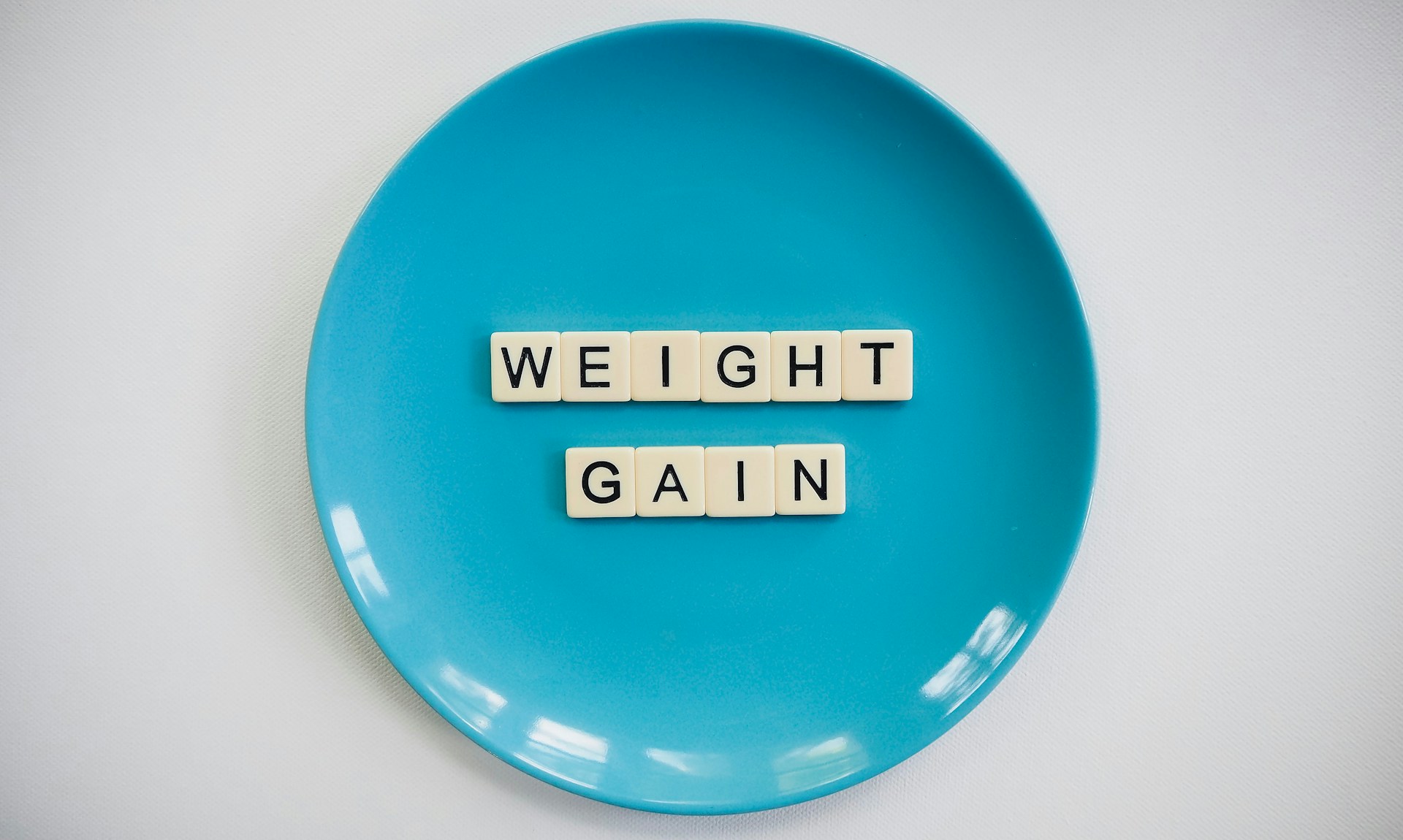 Photo by Total Shape on Unsplash
Photo by Total Shape on Unsplash
20. Increased Urination and Fluid Loss
Caffeine not only acts as a diuretic but can also increase the frequency of urination. This effect can lead to fluid loss and may necessitate increased water intake to prevent dehydration, especially in hot weather or when exercising.
KEEP ON READING

20 Discontinued Snacks All Millennials Will Remember

Why "Clean Eating" Became So Confusing

Is Swiss Chalet Sauce Actually Any Good?



